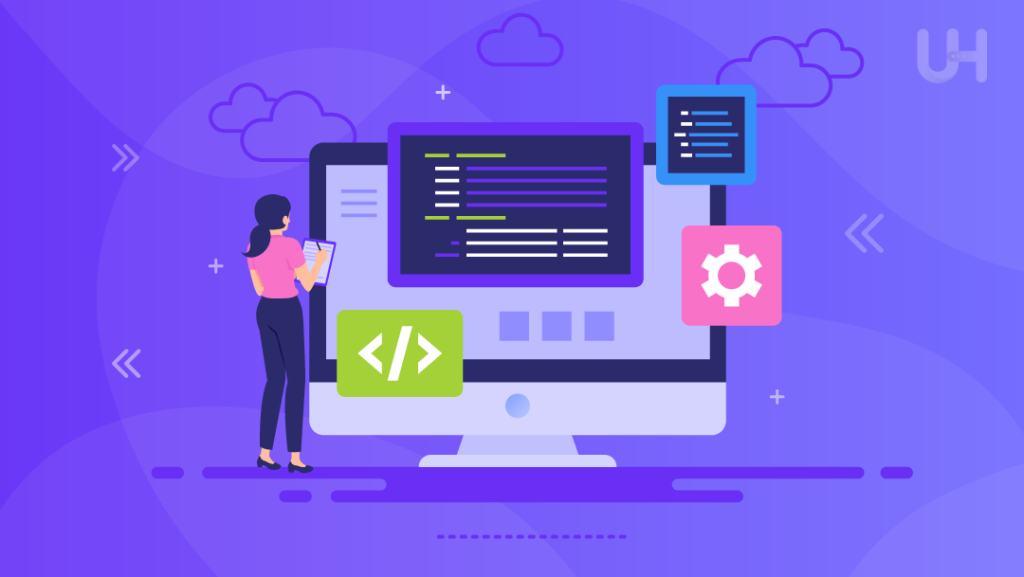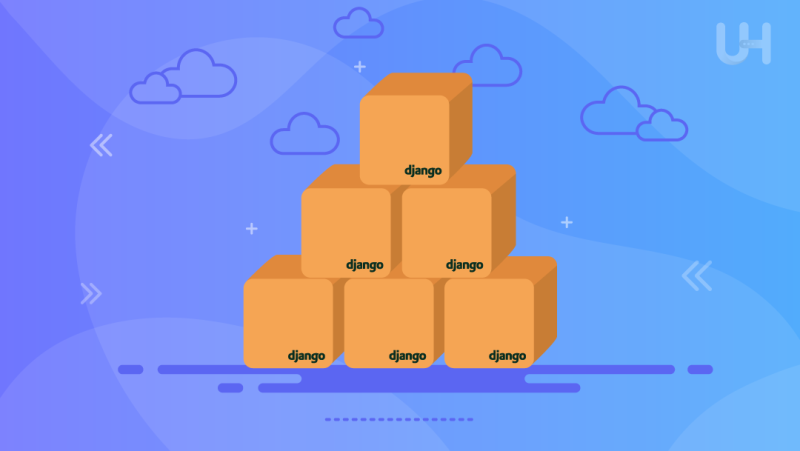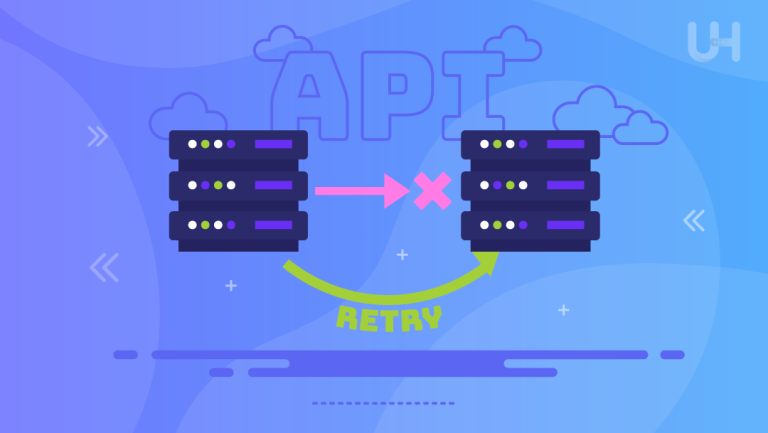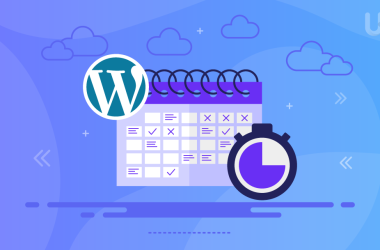Django is a high-level, open-source web framework that enables the rapid development of secure, maintainable websites. It’s renowned for its overarching compatibility with third-party packages, which extend the functionality of the Django project. Whether the task requires building an API, running asynchronous jobs, or optimizing performance, there are the best Django packages for everything.
By picking the right tools, one can significantly enhance the capabilities and efficiency of their application. In this blog, we will review the top 10 Django plugins or packages that speed up development and improve security to take it to an altogether different level. This will prepare your application for various challenges related to modern web development.
Django REST Framework (DRF)
The Django REST framework is one of those Django packages that, if applied in Django, would provide a truly powerful yet flexible Application Programming Interface. Once studied in depth, this library provides a powerful toolkit that makes it quite easy to create RESTful Web services. It includes the serialization, authentication, permissions, and views features of DRF, which set a strong positive pace in creating and scaling APIs easily.
With extensive documentation and an active community for support, DRF is the choice of many for handling the API part of their applications. This also includes support for modern standards like JSON and seamless integration with front-end frameworks like React, Vue or Angular, which guarantee efficiency within the API development process.
Django Channels
Channels extend Django’s standard functionalities by adding support for WebSockets, long-running connections, and other forms of asynchronous communication. This allows a Django application to handle events of real-time character within the same handling environment as chat applications, live notifications, and collaborative tools. Based on the ASGI protocol, Channels add asynchronous frameworks to HTTP views.
Its integration with Django is quite straightforward; it lets developers keep their productivity with the standard workflow while powering new features to work in real time. With Django Channels, you’ll be able to create event-driven, modern web applications using both synchronous and asynchronous operations to build nice user experiences full of live data and user interaction.
Celery
Celery is a job queue system that enables Django applications to easily run tasks asynchronously. It could be used for sending emails, data privacy, and periodic jobs, among others, so each of those does not slow down your application. Celery works quite well with Django. It is quite easy to shift time-consuming operations into the background.
With real-time and scheduled task handling, Celery makes your application more scalable by distributing the load among workers. Support of such a number of message brokers of different types guarantees reliable work with tasks and positions Celery as an essential package in any high-load Django project.
Django Allauth

Django-allauth is one of the integrated authentication Django packages that simplify user registration and account management in Django applications. It supports both local and social authentication, allowing users to log in using popular web platforms like Google, Facebook, and Twitter.
Such features implemented out of the box by Allauth include email verification, password reset, and user profile management, which reduces the complexity of an effective authentication mechanism. That is why the package is so customizable: developers can easily improve the user authentication flow to fit their needs. The fact that it is easy to integrate and has so many features makes Django Allauth a must-have when one needs to manage users’ authentication efficiently.
Debug Toolbar
Python Django Debug Toolbar is one of the most important Django modules a developer should use to optimize or debug their application efficiently. It provides a user interface that allows detailed information about the request and response per page, such as SQL queries, cache usage, template rendering time, and so on. It embeds a custom panel in the browser during development, enabling real-time code performance and bottleneck monitoring.
Django Debug Toolbar enables greater detail inspection of various aspects of application behavior. It really helps in finding problems early in the development course, which is otherwise a hassle to improve and guarantee the smooth functioning of an application before warranty.
Boost Your Django Application with Optimized Hosting
For seamless deployment and optimal performance of your Django applications, consider Django Hosting from UltaHost. With powerful servers, easy setup, and tailored support for Django, UltaHost ensures your web projects run smoothly and efficiently from start to finish.
Django Storages
Django-Storages is one of the versatile Django packages that simplify working with static and media files within Django apps when using cloud storage services. It supports popular platforms such as Amazon S3, Google Cloud Storage, Cloudflare VPS server, and Azure, thus enabling the effective offloading of file management into the cloud.
Django-Storages abstracts the underlying complexities of handling uploads, downloads, and file serving to integrate seamlessly with third-party storage systems. This package is thus quite useful in auto scaling applications that require extensive media handling, such as web applications with many images and file upload systems. It does this while ensuring that the storage solutions are not only secure but also reliable and scalable.
Django Compressor
Django Compressor is out of those Django packages that can be used in one’s application for the optimization of static files. Compressor reduces the size of CSS and JavaScript files by compressing them, hence bundling them together, increasing the speed at which web applications load. It improves user experience, especially in applications with heavy frontend parts, as the Django compressor will reduce the number of HTTP requests and sizes. The package also supports pre-processing with LESS and SASS, among other tools, thus facilitating heavy lifting in development workflows. It also plays nicely with Django’s static file handling.
Wagtail
Wagtail is a powerful, open-source content management system built upon Django for flexibility and performance. It offers easy content management and exposes an intuitive admin interface where content editors can manage pages, images, and documents out of the box.
Wagtail supports custom content models, allowing developers to craft highly customized solutions while retaining a seamless user experience. It provides advanced features like a customizable page tree, versioning, and an integrated search engine out of the box. Wagtail is popular among developers and non-techies, making it an excellent website builder framework for building scalable and content-heavy websites with minimum development overhead.
Django CORS Headers
Django CORS headers are an important package for handling Cross-Origin Resource Sharing, commonly known as CORS, in Django applications. CORS comes into play when your frontend-operated application, which perhaps sits on a different domain, needs to communicate with your backend, likely developed in Django using APIs. Without the right CORS settings, browsers block such requests for security reasons.
Django CORS Headers further simplifies this by providing an interface through which you preconfigure the domains that should access your API, safely communicating between services. This package is highly configurable and very easy to set up and supports wildcard domains, subdomains, and specific headers, making it indispensable in modern web applications that need to perform cross-origin interactions.
Django Extensions
Django Extensions are packages of custom management commands and helpful utilities extending Django’s core functionality. Tools include shell-plus, an interactive shell that autoloads all of your models for you to play with, and graph models, which generate a visual diagram of your models and their relationships.
Utilities provided for the encryption of fields, cron jobs, and UUID fields make many common development tasks easier with Django Extensions. With this package, the improvements it brings to debugging, database management, and project organization greatly enhance a developer’s productivity. This huge variance in features makes Django Extensions a must-have for any developer who intends to speed up and optimize his project.
Conclusion
Including the appropriate Django package can dramatically improve a web application’s capabilities, making it far more capable, performative, and scalable. Each of the abovementioned Django packages is important in modern web development, from building APIs with the Django REST Framework to adding real-time features with Django Channels. These include tools like Celely for running background tasks and the Django Debug Toolbar for performance optimization.
For seamless performance and easy deployment of your Django applications, consider Python Hosting from UltaHost. Optimized for Python frameworks like Django, UltaHost offers reliable servers, fast setup, and tailored support to ensure your projects run efficiently and scale effortlessly.
FAQ
What is Django REST Framework used for?
DRF in Django applications makes it possible to construct a robust API and provides useful tools such as serialization, authentication, and permissions for its development.
Why Use Django Channels?
WebSockets and asynchronous tasks extend the streaming featuring into your Django application and are extended into Django Channels. Real-time features would mean a live chat or notifications within your Django applications.
What kind of tasks can Celery do in a Django project?
Celery is meant for doing asynchronous jobs, like sending emails or data processing, without hanging the application.
How does Django Allauth make authentication easier?
It makes user authentication easier by providing out-of-the-box support for local and social logins, email verification, and account management in Django.
What does the Django Debug Toolbar do?
Django Debug Toolbar will allow developers to identify performance bottlenecks through real-time insights into queries, cache, and template rendering.
How does Django Storages improve file handling?
It allows easy integration with cloud services such as AWS S3, enabling the scalable and reliable handling of static and media files.
Why should I use Django Compressor?
Django Compressor minifies CSS and JavaScript files. This will improve the response time since your web application will not be too loaded.










